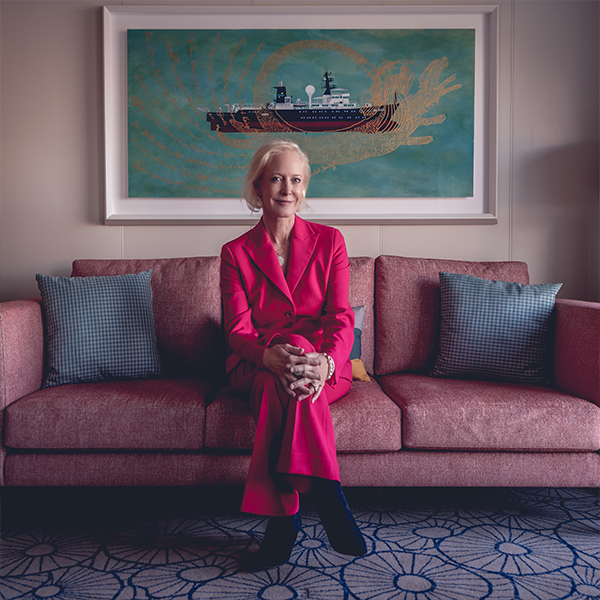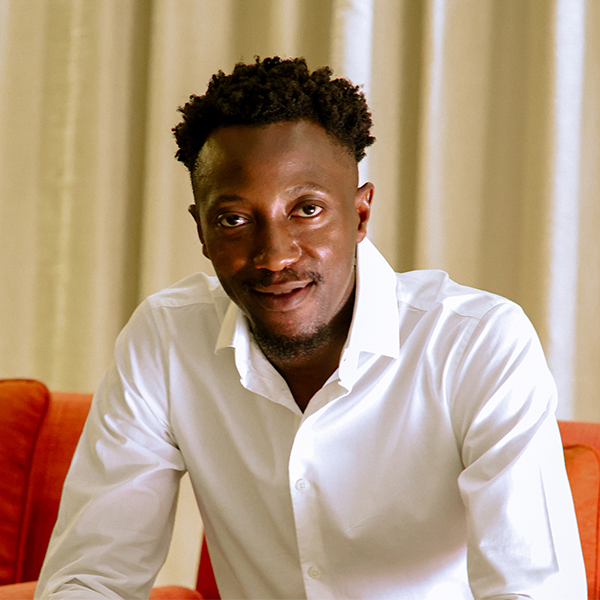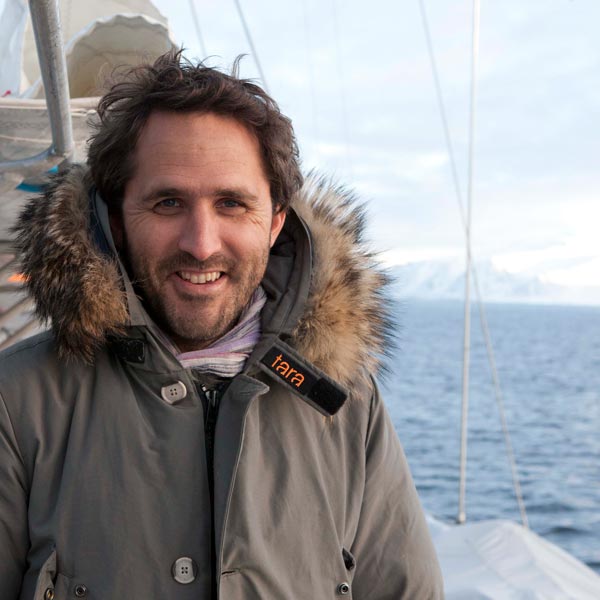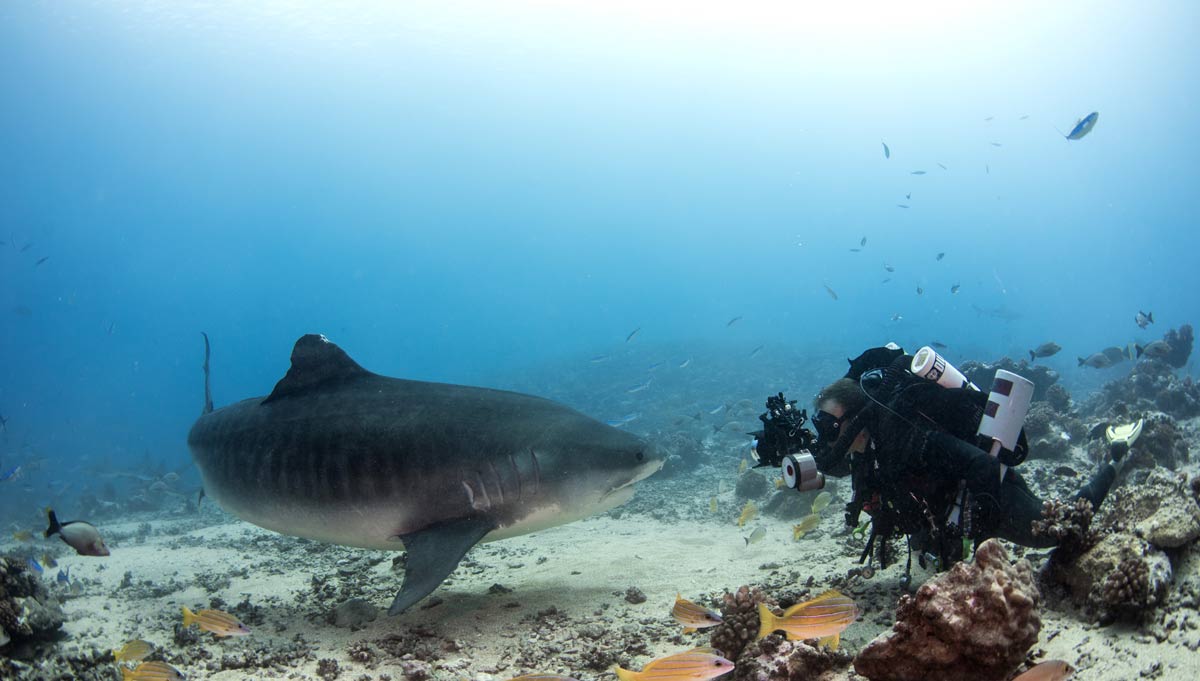
Photo: Rodolphe Holler

Photo: Rodolphe Holler
Hands-on learning on a superyacht
Why learn about ocean conservation on land when you could be experiencing it all first-hand on the water?
Though superyachts and sustainability might seem incongruous to the untrained eye, there are few better ways to gain an appreciation for ocean conservation than by spending time out on the water. A slew of yachting professionals are hard at work to make travelling by boat as eco-friendly as possible, and this includes connecting yacht owners and charter guests with myriad avenues to learn about the oceans and how best to protect them, all while enjoying a holiday on the high seas.
Hands-on learning out in the real world is proven to increase engagement in its participants. So there is no sense simply sitting onshore when you can be out the salty classroom, experiencing it all first-hand. This is the preferred method of Rodolphe Holler, founder of Tahiti Private Expeditions. He delivers ocean education courses on board superyachts, and under the water, privately to owners and guests, offering three different specialised topics: dolphins and whales; shark conservation; and a general overview on underwater life and, as he tells it, “all the surprising things you can see!”
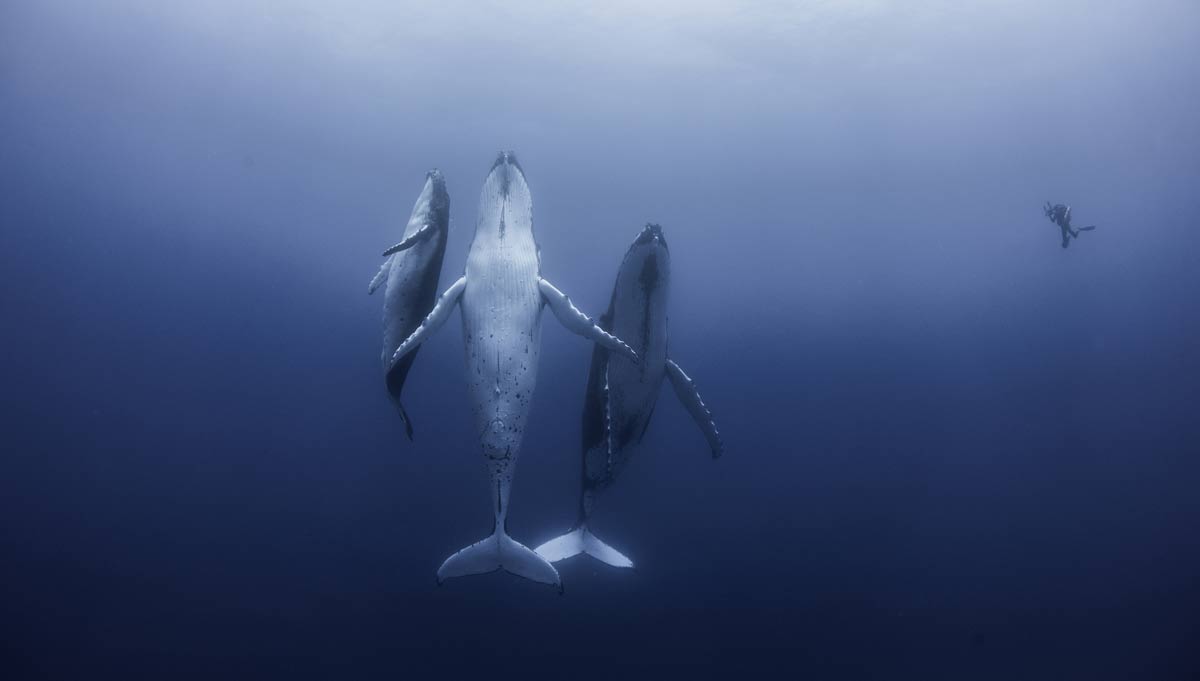
Photo: Rodolphe Holler

Photo: Rodolphe Holler
Holler slyly slips the eco-education into his courses rather than overwhelming guests with preachy propaganda. “The big advantage is, I am staying on board with guests and inviting them to discover the underwater world, and I build a relationship with them over a few days,” he says. “The underwater life in French Polynesia is stunning, so people are enjoying exploring it and learning, and then I start to include an environmental message.”
He’s not opposed to subliminal messaging either; he dons a uniform that says, “ban shark fin soup” to spark conversation on the topic and encourages guests to ask questions. One of his pet projects is educating people about shark conservation, and French Polynesia presents the perfect classroom to learn about the topic in person due to the high likelihood of shark sightings. “I explain to people that sharks are not dangerous and why we need to protect them,” he says. “Only 10 people get killed by sharks every year – compare this to lightning strikes which kill about 600 people, 200 die by coconuts falling off trees, 20,000 by bee stings and 1.2 million due to mosquito-borne disease. On the other hand, humans kill 70 to 75 million sharks per year, so we humans are more dangerous to sharks than they are to us!”
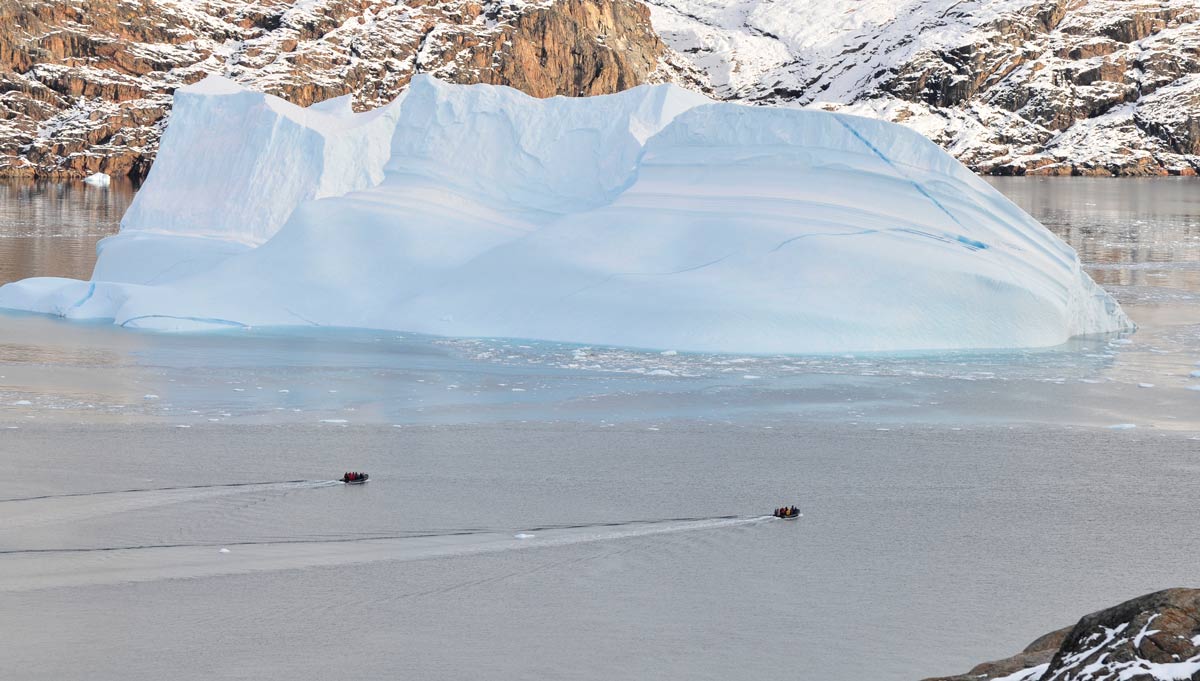
Greenland. Photo: Martin Enckell & EYOS Expeditions

Greenland. Photo: Martin Enckell & EYOS Expeditions
Hosting an expert on board for part of a yachting holiday isn’t just educational, it can provide unparalleled access to incredible experiences. For instance, EYOS Expeditions ran a trip in Greenland where they were able to take guests to a scientific station that was working on climate change research – a topic the guests were interested in. “[The scientists] spent the day with the guests and came out to the yacht to give a presentation,” says Ben Lyons, co-founder of EYOS. “We have good relations with research stations like this around the world – places that cruise ships can’t visit.”
EYOS also partners with an organisation that leads studies on manta rays in the Maldives. “That is one of the coolest ways to learn about the rays, to go swim and dive with them, and we have an expert who teaches you all about them,” says Lyons. “This experience gives a layer of appreciation and insight you’d otherwise never have.”
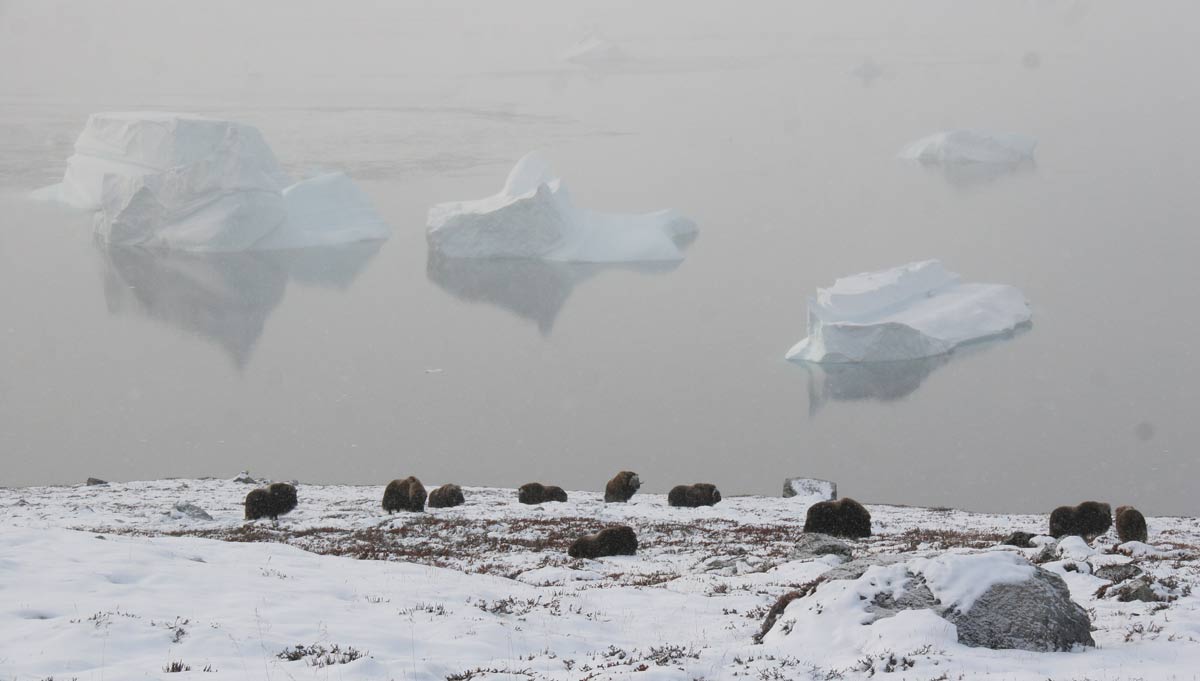
Greenland. Photo: Martin Enckell & EYOS Expeditions

Greenland. Photo: Martin Enckell & EYOS Expeditions
Beyond this, EYOS has launched a new programme that will pair yachts with conservation projects around the world, allowing guests to get involved personally – or for a yacht and her crew to be put to good use when the yacht is not being enjoyed by the owner. “We want yachts to be seen as a force for good,” says Lyons.
Protecting coral reefs is another hot topic in ocean conservation, which is of particular interest to the Captain Charles DuGas-Standish of the 69-metre Burgess charter yacht Lady E. Captain DuGas-Standish is himself an expert diver, and his crew includes dive masters who accompany guests on rendezvous dive trips that are led by local specialists. “Like any activist, divers need to become active in protecting the reefs that we do have and to help find ways to restart our dead or dying reefs,” he says. Scuba diving with a dive master from Lady E is like having a guided tour of the underwater world, with the crew pointing out every sighting of an eel or sea snake you might miss hiding among the coral. While on a dive accompanied by Lady E’s knowledgeable crew, guests will learn about the marine life they are encountering beneath the surface and learn about the environment. For instance, one of the biggest enemies of the coral in Thailand, where Lady E has recently begun cruising, is Crown-of-Thorns starfish, which eats hard corals. Studies have shown that one starfish can decimate up to six square metres of living coral reef per year.
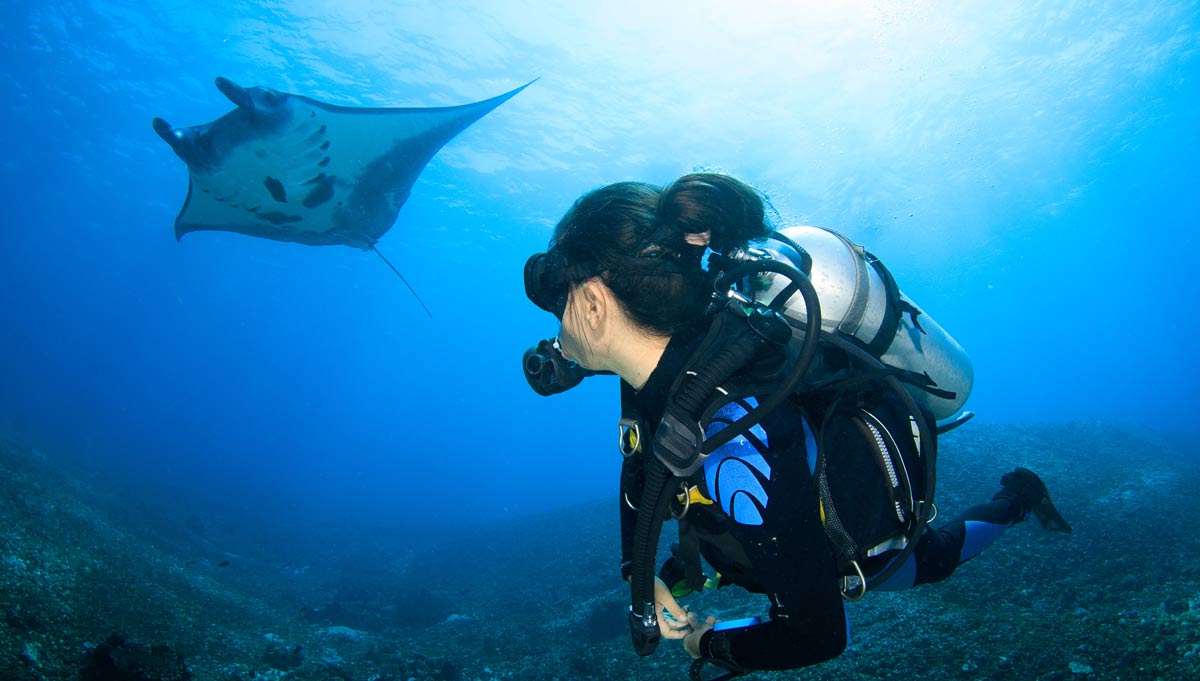

That’s not to say yachts are left off the hook when it comes to protecting reefs. Mr Niphon Phongsuwan of the Department of Marine and Coastal Resources based in Phuket, runs the Thailand chapter of Green Fins, an organisation which encourages divers, snorkellers and yachtsmen to take care of the reefs while they are out enjoying nature. A visit to Greenfins.net will give yachtsmen access to the organisation run in many other countries.
But being eco-friendly at sea doesn’t just come down to the end users, as Captain DuGas-Standish is quick to point out. “The real effort should be focused on the manufacturers and the designers, who should be building yachts that are environmentally friendly and function extremely well to accommodate this.” A newly-formed non-profit, Water Revolution Foundation, has been established by superyacht industry leaders to do just this by collaboratively accelerating the implementation of sustainable and innovative technology in the sector.
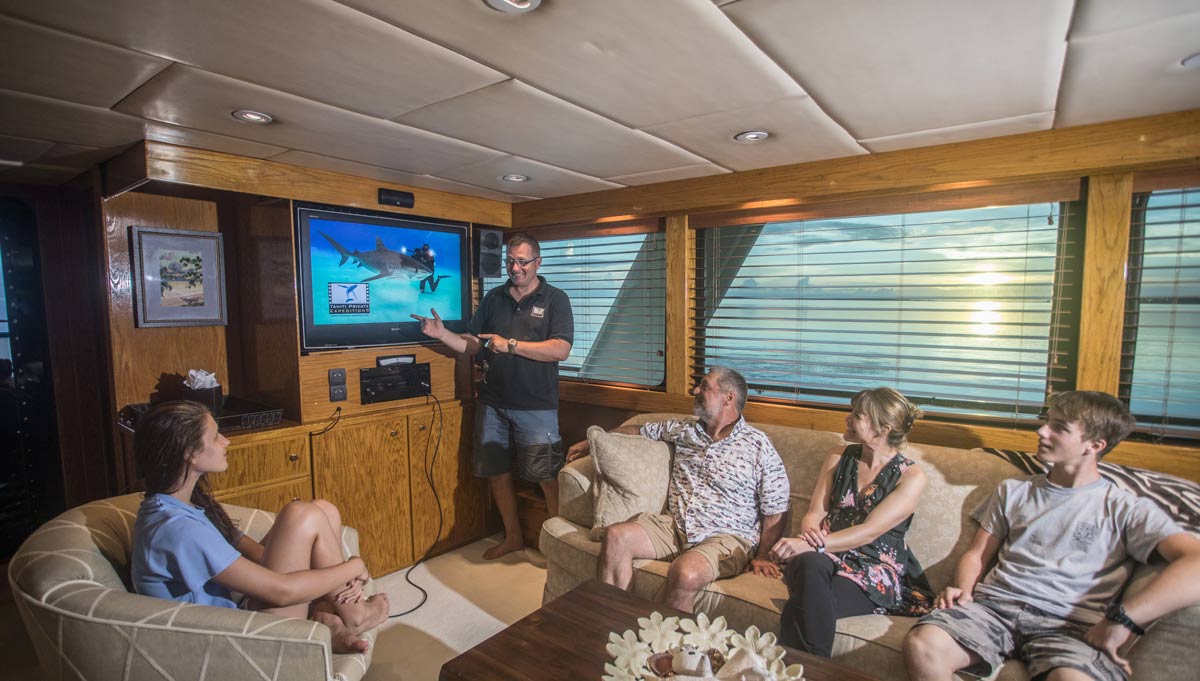
Photo: Rodolphe Holler

Photo: Rodolphe Holler
Superyacht designers report that nearly every new build today will include an option for hybrid-electric power. That doesn’t mean that every yacht owner will opt for this, but what’s important is the conversation is being had and hybrid power is becoming the new normal, rather than the outlier. Yachts like the Wider 150 and Feadship’s Savannah are breaking new ground in such eco-friendly offerings. VSY’s WaterEcho concept takes things a step further, powered by hydrogen fuel cells that promise clean, green energy from which the only emission is pure water.
This topic of eco-friendly yachting is nearly as deep as the oceans themselves, but there is one resounding message: it’s not hard to be green while out enjoying the ocean blue.

